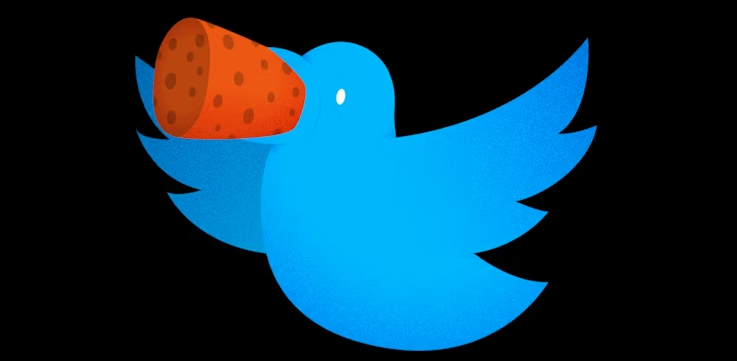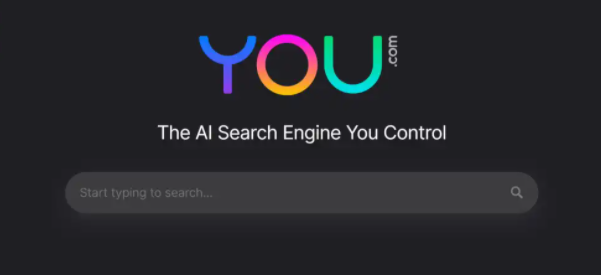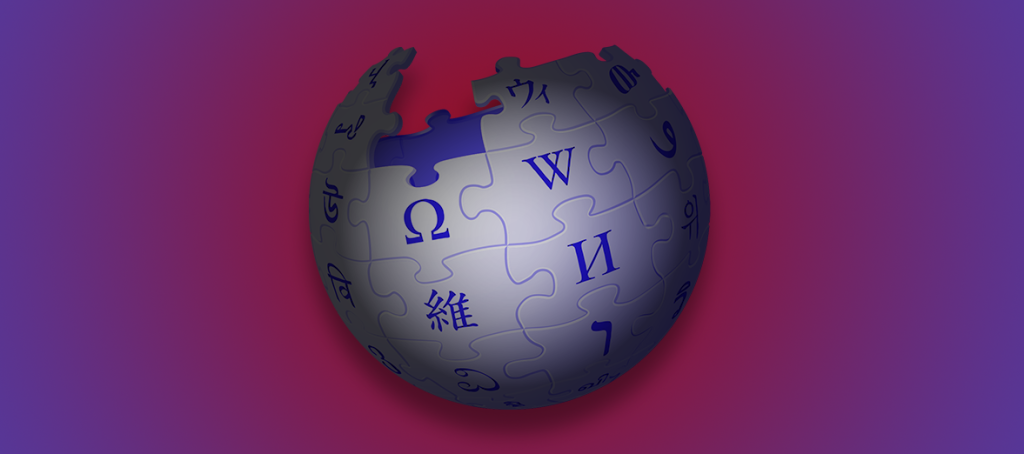
Metal Gear Solid 2 (MGS2) is one of my favourite video-games and it touches upon some deep themes regarding censorship in society. I originally played it 2001, and back then I didn’t fully appreciate its philosophizing regarding online censorship. Playing it again recently made me realize just how far the game was ahead of his time regarding the issue of online censorship. The game explores themes of information control, censorship, secret societies, and the power of media manipulation in shaping public opinion, making it a central aspect of the game’s plot and social commentary. The story of MGS2 revolves around a government agent, Raiden, sent to rescue the President of the United States held hostage by terrorists. During the mission, Raiden discovers the existence of a shadowy group called The Patriots which remain largely hidden from the public. Like the claims by conspiracy theorists regarding real-world groups, such as the Trilateral Commission and the Bilderbergs, in MGS2, The Patriots objective is the installation of a world empire populated by a subservient human race. However, the unregulated information on the internet is something that stands in their way. They view the internet as a threat to their ambitions of world dominance and so they attempt to censor digital information in the hope of maintaining their control over humanity. The Patriots employ memes as a means of controlling humanity and society. However, they don’t use internet memes to control society in the same way we commonly understand memes today. Instead, the term “meme” is used in the game in a more abstract and philosophical sense, drawing from the work of British evolutionary biologist Richard Dawkins.
There are striking similarities between The Patriots’ ambitions to govern and oversee digital information for the purpose of shaping their utopian society and contemporary events. In today’s context, it’s prominent conglomerates such as Google that exercise control over information, primarily through search engines, with the potential to impact election results and exert a considerable impact on society. Today, it’s search engines that dictate what people can see and hear. They have the capacity to shape our reading material, determine our sources of information, and dictate whose voices are heard. In the present day, no entity comes closer to exerting control over search engines than Google does. Robert Epstein stands out as one of the most vocal individuals when it comes to addressing engine results and their power to impact society and even who becomes elected. In a 2015 paper titled ‘The Search Engine Manipulation Effect and its Impact on the Outcomes of Elections’, Epstein explains how Google is manipulating the outcome of elections through “ephemeral experiences” (ephemeral content is any kind of social media content that’s visible for a short amount of time). Epstein has demonstrated how “as of 2015, upwards of 25% of national elections in the world were being determined by Google’s search engine”. This is vaguely similar to The Patriots in MGS2 who use an AI system called GW (analogous to a massive search engine and data analysis system) to censor and manipulate information, ensuring that only approved ideas and narratives are allowed to spread. Search engines powered by AI already exist. Microsoft have released the Bing search engine powered by AI, claiming a revolution of search engines, but as some have pointed out, it might just serve as another tool to censor what people can see, drawing parallels to the AI powered search engines that exist in China that censor information.

The act of censorship has a longstanding history. Censorship goes back to 399 BC when the philosophical teachings of the Greek thinker Socrates faced suppression at the hands of the Athenian government. Socrates was accused of affecting the young minds of Athenians negatively and was condemned to death through the ingestion of Hemlock. Another example was the destruction of books in the Library of Alexandria in around 80 AD, which aimed to eradicate the worldview of Gnostics, viewed as incompatible with the Catholic Church. Nevertheless, the contemporary approach to controlling digital information is arguably more pervasive in its impact on shaping public perception. This is due to the enduring nature of digital information, which never degrades and remains readily accessible with the simple click of a mouse. As articulated by the character Emma in MGS2: “The memory capacity — not to mention the life span — of the average individual is extremely limited. On the other hand, digital information lasts virtually forever. It doesn’t deteriorate”. In our digital age, information has been consolidated into a single digital repository, making it susceptible to rapid editing — opening society up to new forms of censorship. During the COVID pandemic, we witnessed a glimpse of a potentially transformative era when it comes to internet censorship. Social media platforms like Facebook and YouTube, adopted a posture of responsibility with certain contentious issues. YouTube, for example, implemented a policy of strict censorship of its own content and targeted ‘medical misinformation’. This encompassed any content that ran counter to guidance by the World Health Organization. As an example, criticism regarding the legitimacy of COVID as a real virus (a widespread conspiracy) such as those voiced by David Icke, were removed from these platforms.
Icke has complained in length about being censored and misrepresented by various websites like YouTube, Twitter, and even Wikipedia. Many argue that Wikipedia, the world’s 5th largest website, has fallen victim to political manipulation and censors certain views and now functions as a mouthpiece for the elite. The founder of Wikipedia, Larry Sanger, has said that he thinks the website is now little more than establishment “propaganda”. One commentator on the website ZeroHedge expands on Sanger’s views: “Wikipedia is the authority — Facebook is the operation; that means that they have been working hard to create a disinformation system so intelligent it’s disguised as a ‘free open sourced encyclopedia’ that anyone can edit. Nothing can be further from the truth. Wikipedia is a tool of the establishment to suppress free speech and defame political opponents. It’s a tool for big business to control information on controversial products, such as drugs that can have fatal side effects”. I personally think that Wikipedia has been taken over by the elite and is now tasked with shaping the public’s thinking in line with their thinking on every issue. It’s been set up as a mass-communication device that will communicate in one direction only — from the ruling elite to the people they rule. One example of their bias is their information on the destruction of World Trader Centre 7 which any rationally-minded person will say was a controlled demolition; something Wikipedia and the US government vehemently deny. If Wikipedia’s primary purpose and function is to promote the ideas that it’s instructed to promote by its elite masters, it’s simply an illusion to think of it (as many people around the world do) as being concerned with conveying the unvarnished truth about anything.

But this is a systemic issue not unique to Wikipedia. Google has also been found to censor and manipulate its information to align with establishment viewpoints. For example, during the COVID pandemic, Google’s YouTube underwent a “purge” and many conservative conspiracy channels were deplatformed. In 2018, when famous talk-show host Alex Jones faced deplatforming, he characterized the actions taken against his accounts as a form of “communist-style censorship”. As outlined in a study available on SSRN titled ‘Deplatforming the Far-right: An Analysis of YouTube and BitChute’, Adrian Rauchfleisch and Jonas Kaiser discovered that approximately 20% of 11,000 deplatformed YouTube content creators fell within their defined category of far-right ideology. This observation suggests that YouTube was actively taking steps to restrict or suppress content associated with this particular ideological group. During the time, Trump was deplatformed from Twitter and Facebook, and expressed dissatisfaction on Twitter regarding the platform’s removal of “conservative voices”. Additionally, Republican Senators such as Ted Cruz and Josh Hawle, have been critical of Facebook, Google, and Twitter, alleging that they engage in censorship of conservative users and content online, threatening potential federal regulation (as reported by the Washington Post). This was later supported by the technology blog Gizmodo who published a story in which it claimed that Facebook employees were inhibiting the visibility of stories from right-leaning sources. As Epstein reports: “Reddit has frequently been accused of banning postings on various topics — and a recent report suggests that Facebook has been caught deleting conservative news stories from its newsfeed”.

While Big Tech companies like Twitter and YouTube are routinely accused of internet censorship, there has been less censorship by governments, at least in the West. However, in the UK, there has been a recent consensus on an “Online Safety Bill” that grants the government surveillance powers over internet users within the nation. Russell Brand, in a video on Rumble, raised concerns about this bill, emphasizing its far-reaching surveillance capabilities and censorship authority given to the UK government. At first glance, the bill may appear benign and well-intentioned, as it seeks to address issues such as preventing children from accessing underage content. However, its primary drawback lies in the absence of clear limitations on the type of content it can target. The bill introduces a novel category of speech that falls within the boundaries of legal expression but is labelled as ‘harmful’. The bill’s definition of harm is couched in extremely vague and circular language, resulting in a level of ambiguity that approaches astronomical proportions. It encompasses both physical and psychological harm, broadening its scope considerably. The scope of material encompassed by this category is obviously almost boundless, with the only prerequisite being its potential to cause harm to certain individuals. This is largely reliant on subjectivity. We’re seeing increased focus on this subjective form of ‘harmful’ content concerning government regulation around the world, such as the Europe Union’s Digital Services Act and Singapore have proposed similar legislation. In their paper titled ‘Google Politics: Political Determinants of Internet Censorship in Democracies’, Stephen Meserve and Daniel Pemstein state: “Even democratic states now seek to curtail content dissemination in response to demands to restrict speech, either to impact public opinion, reduce criticism, or limit citizens’ access to media and other sources of information”. As time goes on, internet censorship is becoming more of a problem, and there’s little the average person can do to counter it.